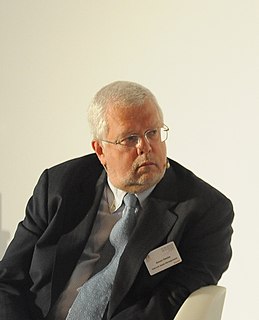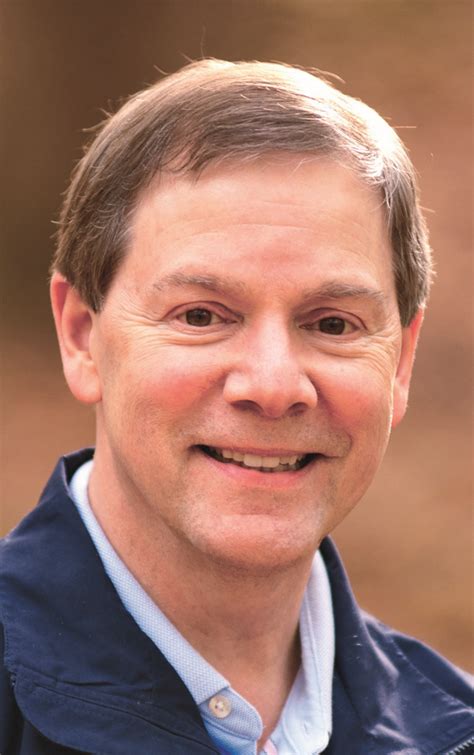A Quote by Margaret J. Wheatley
Listening moves us closer, it helps us become more whole, more healthy, more holy. Not listening creates fragmentation, and fragmentation is the root of all suffering.
Related Quotes
The gift of the Holy Ghost is a gift of power. The Holy Ghost inspires and heals, guides and warns, enhances our natural capacities, inspires charity and humility, makes us smarter than we are, strengthens us during trials, testifies of the Father and the Son, and shows us "all things" that we should do. He helps us do more and become more than we could ever do or become on our own.
When we think of training ourselves in godliness, we usually think of the traditional spiritual disciplines, but it can also be practical activities like taking a nature walk or listening to music - whatever helps us draw closer to God. God hardwired our brains and bodies in such a way that spiritual training, combined with God's work in us, has the very real effect of making us more attuned to spiritual reality and our true identity in Christ.
Times change. God doesn’t, but times do. We learn and grow, and the world around us shifts, and the Christian faith is alive only when it is listening, morphing, innovating, letting go of whatever has gotten in the way of Jesus and embracing whatever will help us be more and more the people God wants us to be.
The Holy Ghost causes our feelings to be more tender. We feel more charitable and compassionate with each other. We are more calm in our relationships. We have a greater capacity to love each other. People want to be around us because our very countenances radiate the influence of the Spirit. We are more godly in our character. As a result, we become increasingly more sensitive to the promptings of the Holy Ghost and thus able to comprehend spiritual things more clearly.
We think that by protecting ourselves from suffering, we are being kind to ourselves. The truth is we only become more fearful, more hardened and more alienated. We experience ourselves as being separate from the whole. This separateness becomes like a prison for us - a prison that restricts us to our personal hopes and fears, and to caring only for the people nearest to us. Curiously enough, if we primarily try to shield ourselves from discomfort, we suffer. Yet, when we don't close off, when we let our hearts break, we discover our kinship with all beings.
Sacramental listening reminds us that current suffering isn't the end of the story. God loves us deeply, and the vision for the future is vaster and more magnificent than we could ever imagine. In these moments of profound human presence, we are awakened to the divine presence and see that the kingdom of God is coming and yet is already here.
The difference between listening and pretending to listen, I discovered, is enormous. One is fluid, the other is rigid. One is alive, the other is stuffed. Eventually, I found a radical way of thinking about listening. Real listening is a willingness to let the other person change you. When I’m willing to let them change me, something happens between us that’s more interesting than a pair of dueling monologues.




































